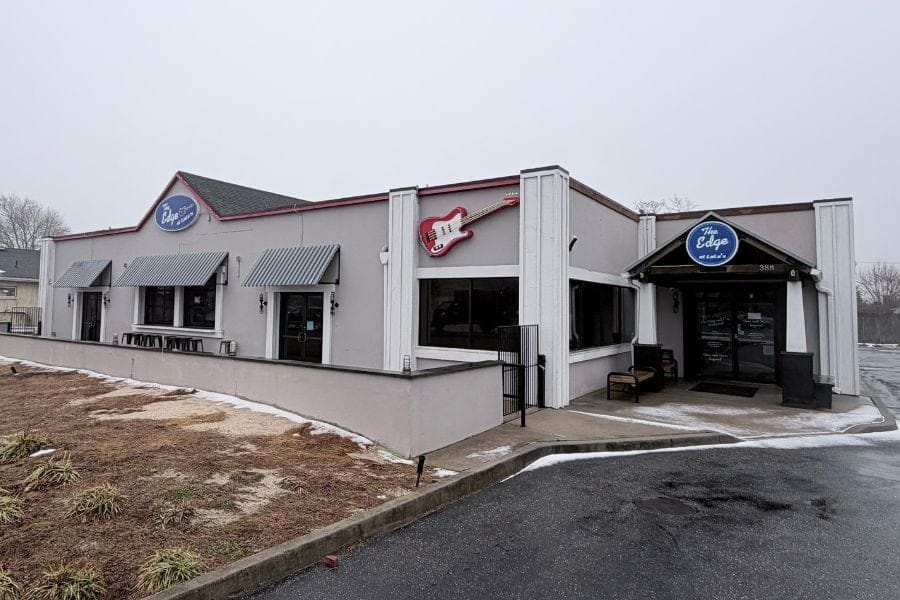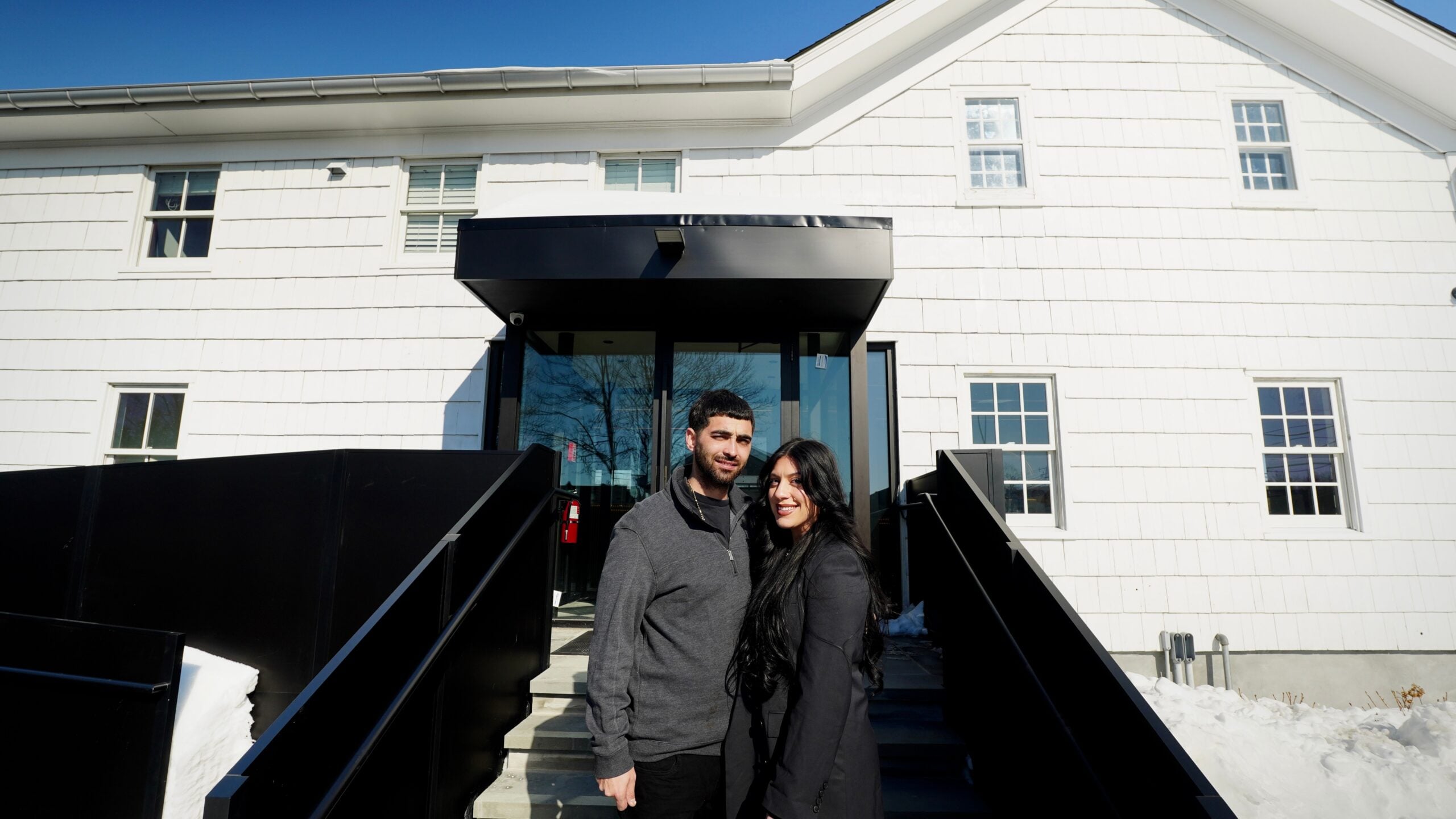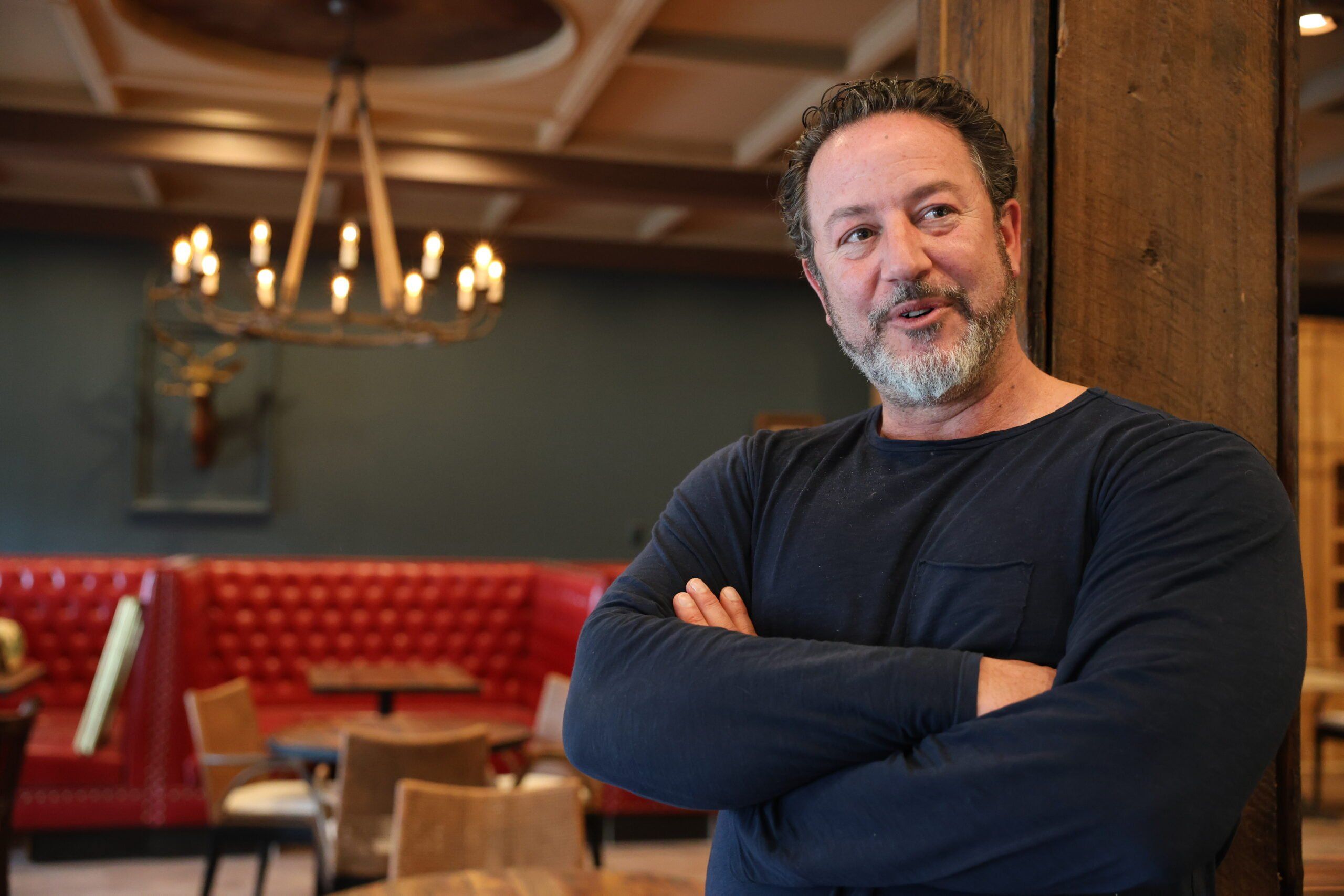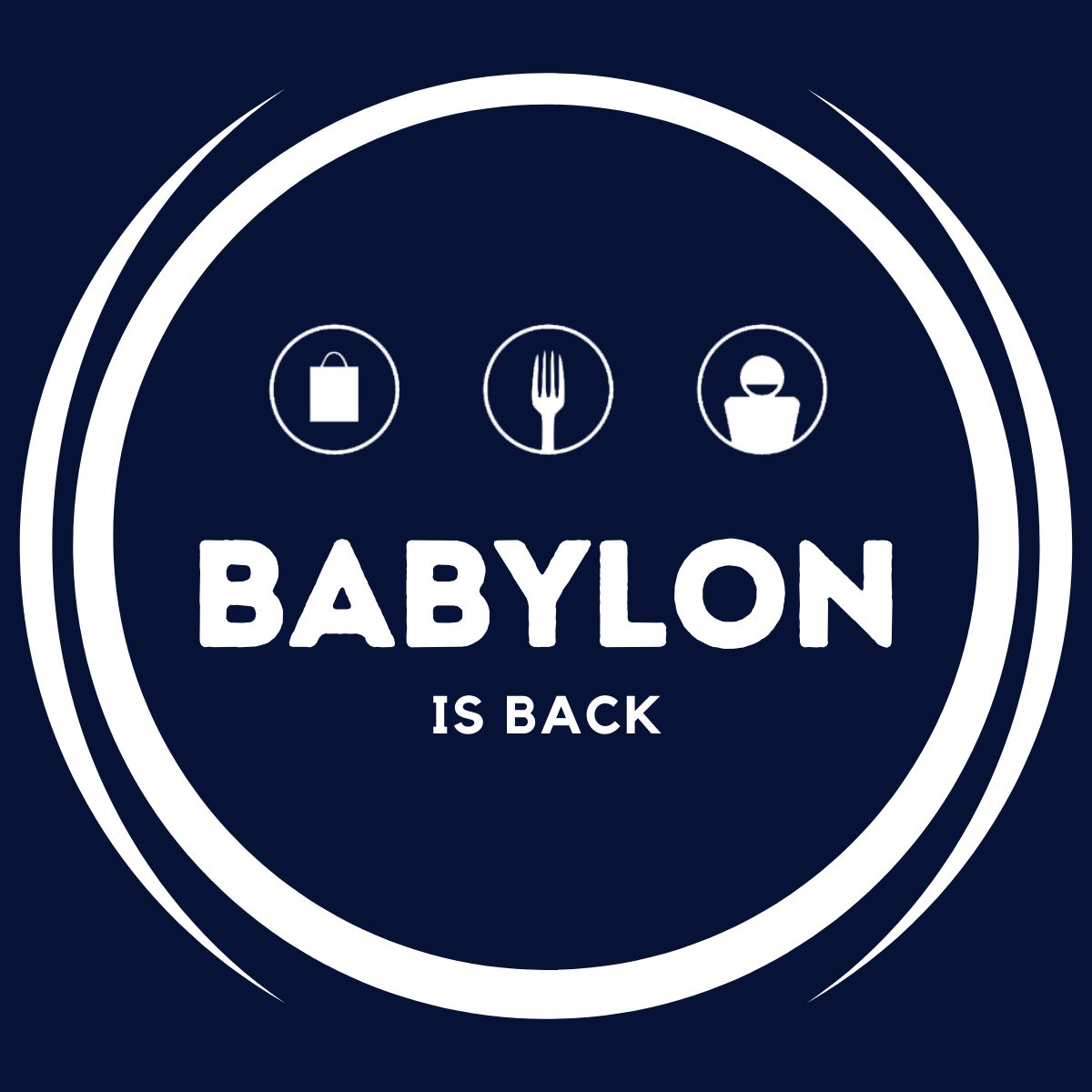Steve Mason calls it his sacred ground. The 25 feet between his father’s suicide and his best friend’s fatal drug overdose.
The actor and stuntman was just 8 years old when he discovered his dad’s lifeless body inside their North Patchogue home on a cold winter morning in 1984.
Mason was 35 and about two months sober when — in the house next door on Holbrook Street — his lifelong pal Stephen Knopp died of a drug overdose in 2011.
Mason told me that in the years between, he grew from a shy boy to a rebellious teen to a high-functioning adult with a massive drug addiction and a risqué social life to match.
“I was given pills when my dad died. By the time I was 11, I was using pot daily. It then went very easily to cocaine, and then to opiates,” said Mason, now 43. He has been acting and working as a stuntman for film and TV since turning his life around in December 2010. “I had three or four different doctors writing scripts for pills — and I was getting more Oxycotin on the street.”

What’s more, Mason said he was sleeping with a hospital nurse who was shooting him up with the powerful opioid Dilaudid, and he was drinking his grandfather’s morphine during hospice visits to the dying man.
“And during all this, I had a successful career as a finance manager – making a six-figure salary,” said Mason, speaking over a cup of tea in Rhum in Patchogue. “I was in an elite group of high-functioning addicts. I was always high.”
His motive to stop? “I couldn’t get high and I couldn’t die … At the end, it was a $600 a day habit. I was literally doing enough drugs by noon of every day to kill a small family,” he said.
Eight years clean, and still looking for a big break in his acting career, Mason has directed and produced a movie, casting himself as the main character: his father Richard “Tony” Mason, a Suffolk County Police officer who struggled with alcoholism and anger management issues.
“Eight” is a 21-minute short depicting not just one man’s demons, but the traumatic affect his struggle has on the people who love and depend on him the most.
Viewers whose families have been blemished by alcoholism and substance abuse — consider yourself lucky if yours hasn’t been — will find many of the scenes all too familiar.

Initially, career advancement was Mason’s motivation for “Eight.”
“I was at a point where some of the casting agencies were starting to see me only as a stunt guy,” said Mason. “I said, I’m going to write my own ticket. I’m going to write myself into the lead of a story
And he did, literally. Riding the Long Island Rail Road home to Merrick, Long Island, from a small one-line audition in Manhattan, Mason put pen to paper.
“It just came to me: what better story than the one I can tell best?” said Mason, who lives with his girlfriend Kristi and their German rottweiler Kota. “My own! Nobody can steal it from me. It’s my story. So I started writing it, and in the 45-minute train ride home, I had the treatment done.
“I spent two or three days writing in my office at home, and completed the script,” added Mason, formerly of Medford. “It was a story in which I knew I would be able to show an array of emotion as an actor. I knew there would have to be some rage, some despair and some desperation.”
Mason said he was shocked by the wave of emotions he experienced during the writing process.
“I instantly realized, I hadn’t processed all of the emotions fully,” he said. “The tears just started to flow. I’m still teetering on the verge of tears as I say it. It’s just something that’s never going to go away.”
‘Daddy has Tar on Him’
While the scenes illustrating Richard Mason’s drunken rage are disturbing, the moment in “Eight” when Mason discovers his dad dead in his parents’ bedroom is particularly jarring.
Under the duress of a potential internal affairs investigation, Richard Mason shot himself in the chest on a Sunday morning while his son and daughter were in the neighborhood delivering Newsday.
When the children came home from their paper route, Steve Mason went to his parents’ bedroom to look for his dad.
“Mommy, Daddy has tar on him,” says 8-year-old Steve, describing the condition of his dad’s body.
“Those few memories I portray in the film are the only ones I remember with my father,” Mason said. “There may have been one other time where we played horsey in the living room. Other than that, the first memory I have is being excited to see him at the front door, and then him coming in drunk and pushing me aside. And my mother being hurt for him doing that to me.
“The next memory is a couple of years later with him destroying the kitchen and emptying all of the contents of the refrigerator and the freezer out onto the floor,” Mason continued. “From there, everything was based on conversations with my mother.”

As he developed “Eight,” Steve Mason came to realize what a powerful educational tool the movie could be in raising awareness of alcoholism, mental health and suicide issues.
“I want to have people view the film and know that they are not alone in dealing with these types of things,” said Mason, who recently kicked off his newest website, toughtopics.org. “What better gift from me than to have the film not only well received, but if it can save one person’s life – you can’t put a value on that.”
So far, Mason has booked speaking engagements with POPPA, an organization contracted to provide emotional training to New York Police Department officers; the Suffolk County Correction Officers Association; Nassau Community College; and Options for Community Living, Inc. in Ronkonkoma.
“Because I found my father dead, my mother and everyone else wanted to get me in therapy right away, he said. “I went to regimented therapy every week for 20 years, so I’m well-versed in behavioralism.
“I’ve struggled with my own challenges with substance abuse and with thinking I wanted to kill myself … I don’t know where I got the understanding at 8 years old that I did, but I vividly remember thinking my father did what he had to do. And if he hadn’t done it there, he would have done it somewhere else — in his car or near the woods.
“I never harbored any guilt,” Mason continued. “I found out years later, through my own journey and therapy, that my dad, without actually saying it, communicated that ‘if life gets too bad, you can just exit this way.’ He left the door open (to suicide). No one was there to teach me that when the going gets tough, the tough get going.
“I just want to get out and tell my story and start to open the lines of communication for people to realize that they’re not alone.”



























